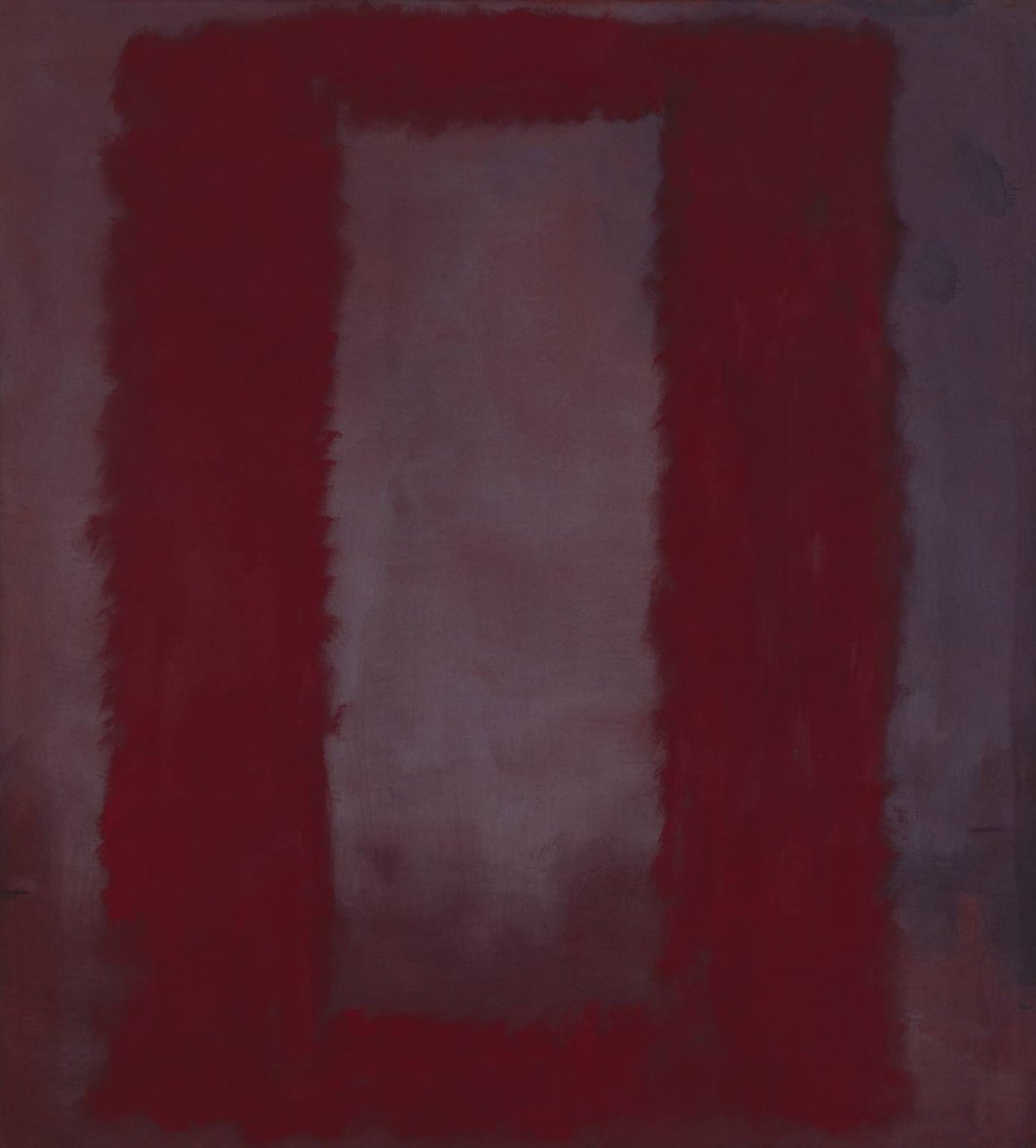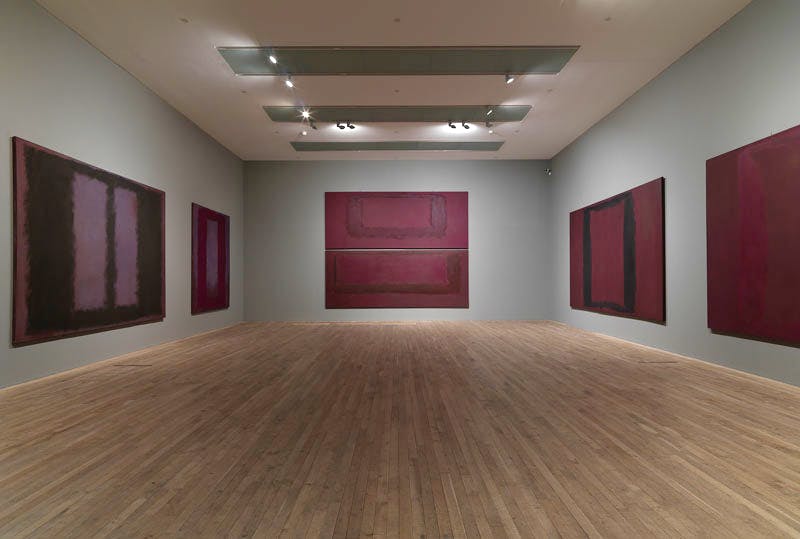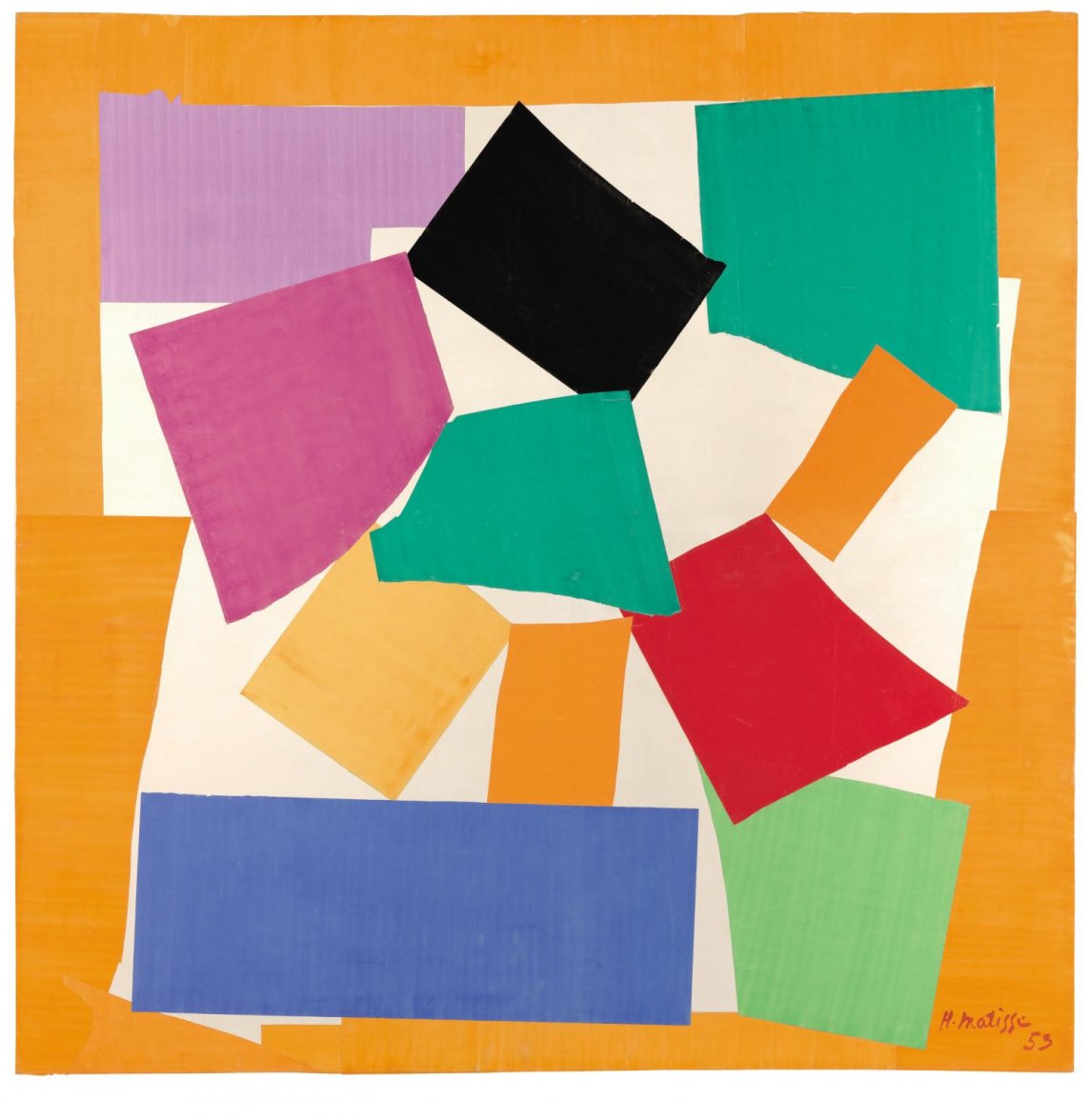. . . which is the view of "great art" as just a popularity contest, or a kind of racket. I hope I didn't come off snide when I said your opinion was a mystery. Of course you've been explaining all along that you believe there's no intrinsic reason for assessing a work of art as great or important, that arguments to the contrary are just the product of groupthink and market manipulation by "experts" (who are tyrants, but also slaves).
I disagree with this, but if it really is your opinion, you of course have a right to it. I'm just not sure how it is that "Rembrandt and Mozart are Great Artists" is the farfetched position requiring pages of explanation, philosophy treatises, and illustrations, but "these works are important because the people who control them want to boost the price" is the commonsense view that waves all the foregoing away.
I'm not sure why, but you seem to want to take every sentence I write, and make it the most extreme representation of something that it can be. Of course doing this is your choice, and in the end it doesn't matter to me, but if you are trying to understand my opinions as you claim, I don't think this is the way to do it.
I am not trying to insult people who collect art, or artists, or even art dealers, so if you are any of those, please don't take my comments personally. For me this has been a very interesting thread that has made me think a great deal about the art I have, why I chose it, and also about the art that I personally consider great, and why that is. I don't think anyone can reasonably deny that the art market is one that is subject to hype, people pursuing the latest and greatest thing, etc. In that respect it has parallels in the watch world, the wine world, and many other things that people love and collect. It doesn't mean that the love people feel in the end isn't real.
I have a lot of art in my house (more than wall space to hang it all), some painted by my MIL who is an artist, some by a good friend who is an artist, and I have spent sometimes many thousands on a piece of art. I have travelled to galleries, spent money to enter many of them, have seen in person the works of many great masters, so I want to be clear that in general I "appreciate art". The question is why do I appreciate the things I do.
I've never denied that there are artist, musicians, composers who are considered great. The question is why, and why do some people not like the works. If this idea of greatness that you and Tony keep bringing up exists in an intrinsic and truly objective way, then why would anyone dislike it? Why doesn't the great work of art or piece of music have absolute universal appeal? You will note these are questions...not statements of a position.
I think part of the problem with the "great" artist that people keep bringing up, is that you cannot separate their reputations from their works. If all you have ever heard is that these were great works, then you will be inclined to believe this, even if you don't appreciate the specific piece of art in question.
Art preferences can be varied and regional. For example in Canada, when I was young the only artists we were taught about in primary school were the Group of Seven. These were considered the first truly great Canadian artists - of course indigenous artists were discounted back then, so clearly that is in dispute, but I'll leave that issue aside for now. We were taught about how their works represented Canada, and when I look at the landscape paintings done by them and other contemporaries like Tom Thompson, it evokes a lot of emotion as a Canadian. Is that because of the paintings, or because of what I was taught these paintings represent? Or is it because I spent a lot of time when I was young with my parents taking family vacations in Northern Ontario, where a lot of these scenes were painted? It's probably a mix of all these things, and anyone who has not had the same experiences and been taught the same things, may look at them and say "meh"...and that would not be an invalid reaction. So are these objectively great? Not sure I can say that they are, even though they are to me.
I recall in the 80's on a trip to Montreal, going to an art exhibit in a warehouse type setting. There was one installation there that was a box with three viewing ports in it. One on each end, and one on top. When you looked in one end, all you saw was white, and as you came close to look inside you could hear a looped recorded voice softly saying "it's white, it's white" over and over again. The other end the scene was black, and of course the voice said "it's black, it's black" over and over again. But when you looked through the top port, seeing things from above, it was grey, with the voice repeating "it's grey". That piece I found odd at first, but it made an impact that has stuck with me years later, and I don't remember any of the other artworks in the exhibit. It is a great analogy to this discussion, and to life in general - when seen from one side or another things can look very black and white, but when you see the whole picture, it's actually grey...
Cheers, Al



